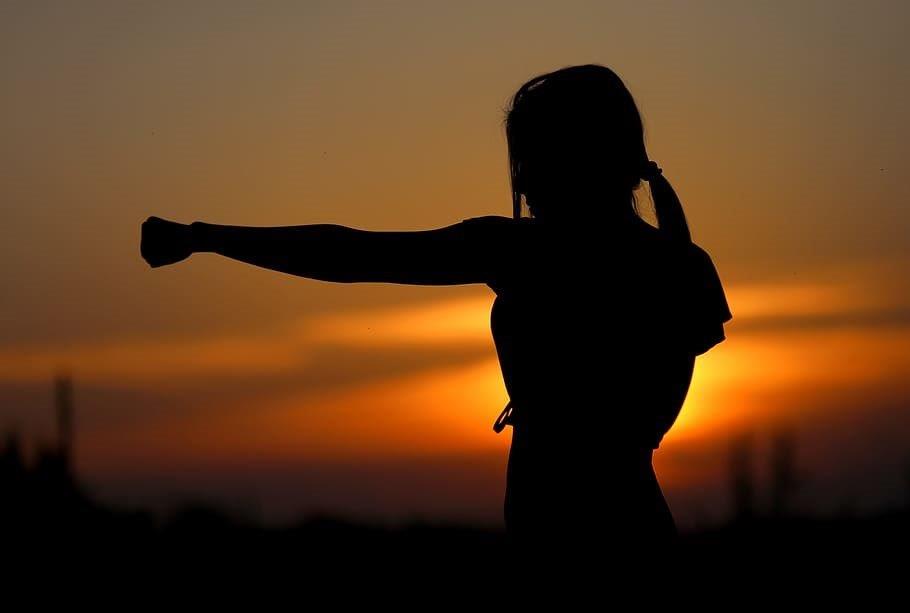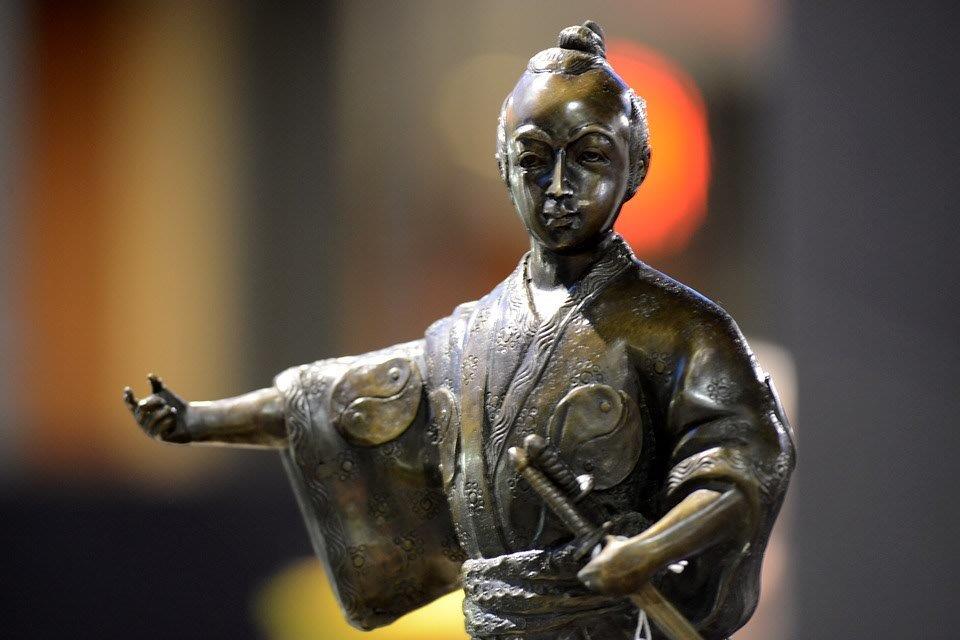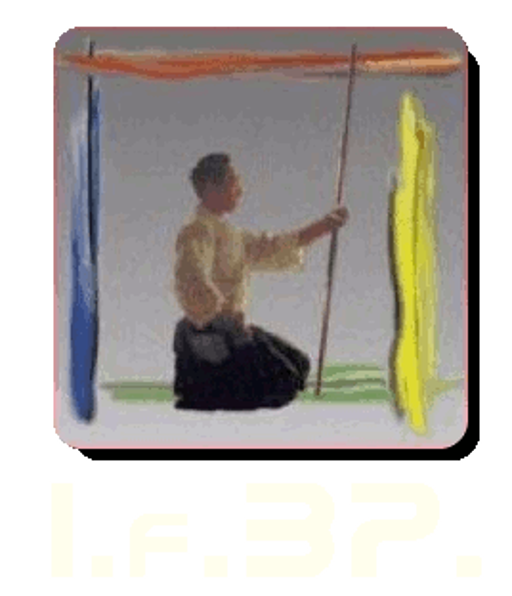Budo pedagogy is the special form of pedagogy of Budo, based on the questions
- What is taught?
- How are learning processes organised?
- What can be specifically achieved and how to do this?
The framework of Budo pedagogy is the theory and practise of psychology, education and sports science. It is the connection between experimental education and body psychotherapy.


Budo pedagogy also gains its own insights from the analysis and convergence of its subject-related disciplines and “minor subjects”, such as philosophy, sociology, criminology.
The emphasis on interdisciplinary concepts is programmatic in the eclectic development and approach of budo pedagogics and of course also refers to the synergy of Eastern and Western methods of personality development.
Budo as an educational approach
Judo, Karatedo, Aikido, Taekwondo, Kung-Fu or Tai-Chi have been used with great success in pedagogical and therapeutic work with difficult target groups in recent years.
Approaches of this kind, which Budo specifically uses to develop and promote self-confidence and self-control or positive social behavior, go well beyond the content and methodology of “normal” training in a sports club.
A procedure is therefore required that systematically incorporates the educational and therapeutic aspects of Budo. The discipline of Budo pedagogy was developed so that youth welfare, youth work and youth social work, juvenile law enforcement and youth psychiatry as well as other areas of educational, social and therapeutic work with youth marginalized and special groups can benefit from professional Budo offers.
It takes into account the peculiarities of an effective educational training and an effective budo-educational measure through a special professional qualification of the trainers / teachers or educators / therapists.
The qualifying advanced training program to become a Budo pedagogue is a nationwide and Europe-wide, scientifically based educational offer for the special technical qualification of selected prospective customers, who want to develop, support or implement professionally systematic teaching, learning and therapy programs by using the specific methodes of Far Eastern martial arts and movement skills (especially their own martial arts).
